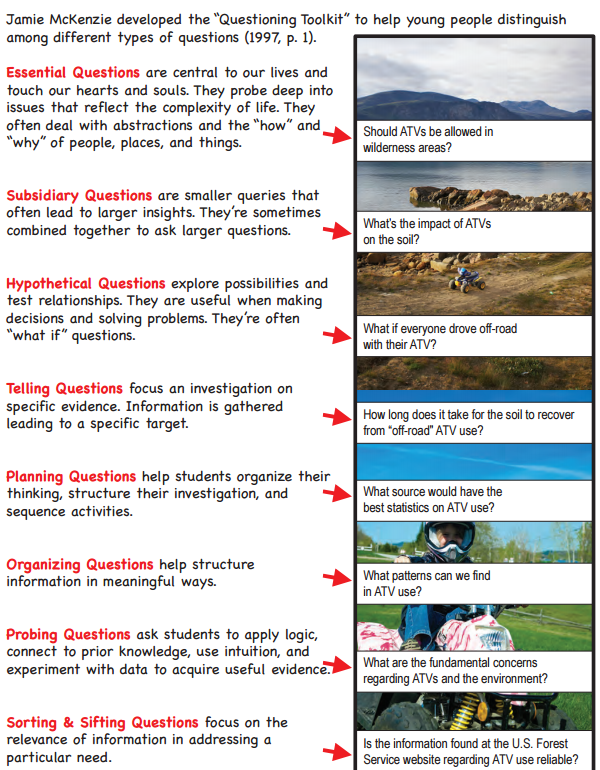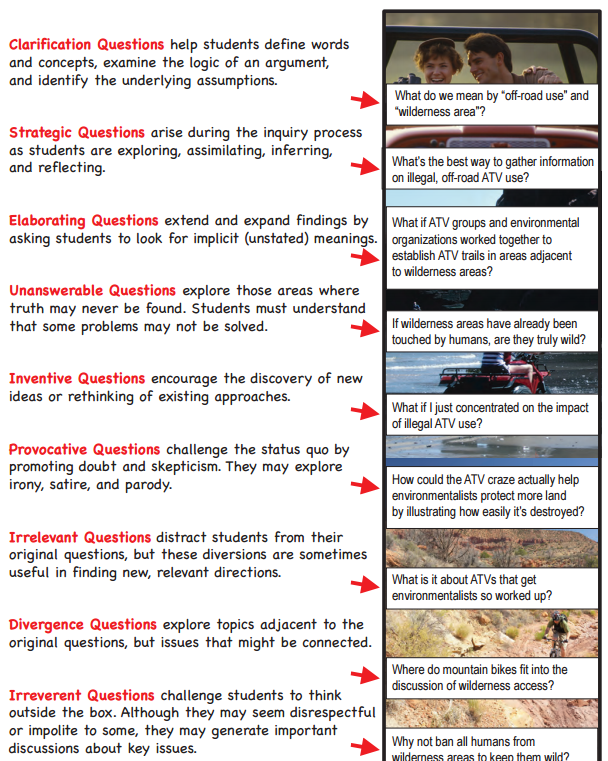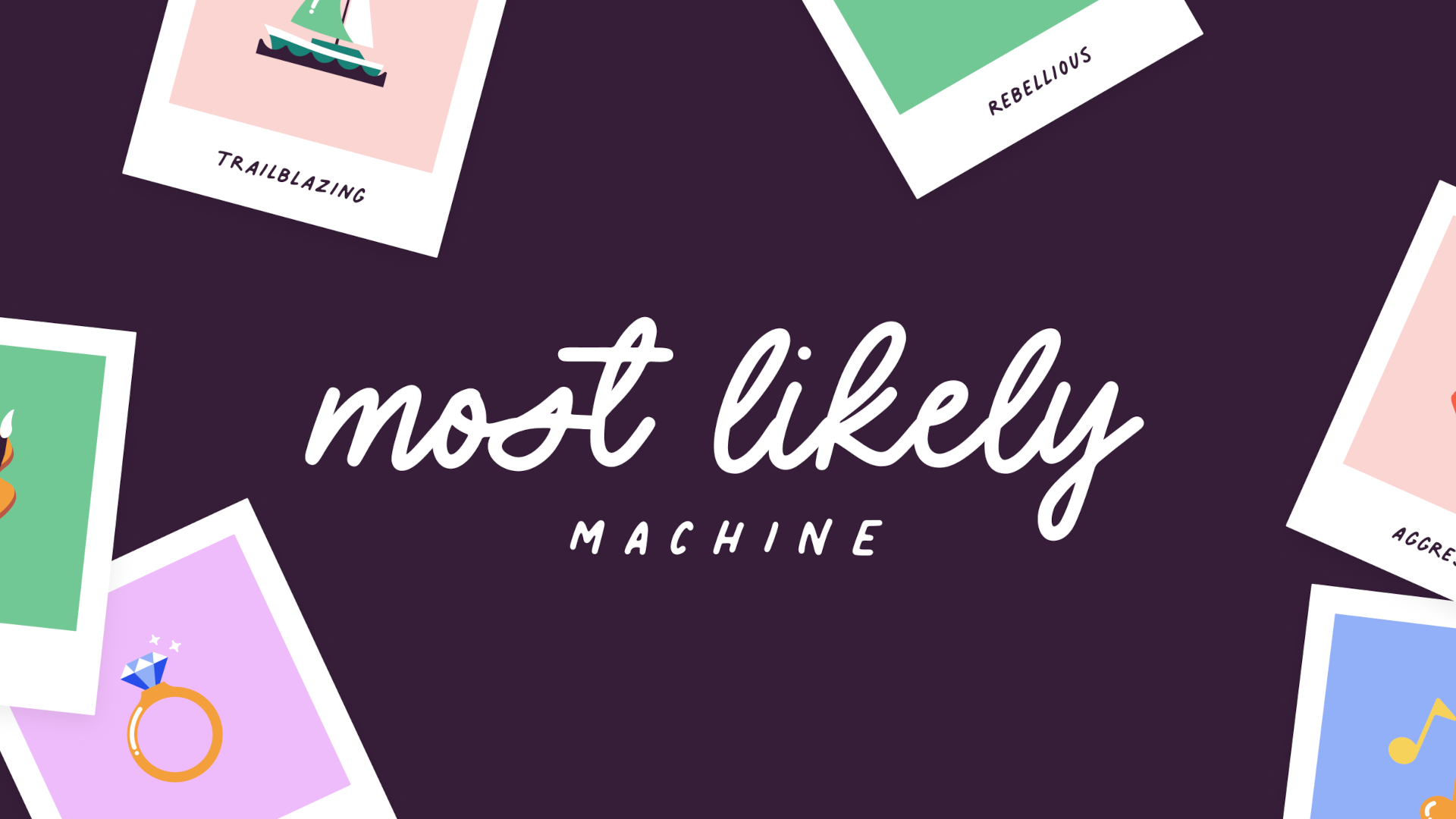Why Ask Why? 17 Different Types of Questions to Ask.

Tools and ideas to transform education. Sign up below.
You are now subscribed
Your newsletter sign-up was successful
I listened to a teacher explain his pleasure in his teaching method. He explained that the secret to his being a successful educator is that he asks students “Why?”
The only question I had about this technique was “Why?”
His answer was because his mastery of “Why” teaching has led his students developing the critical thinking necessary to pass the Common Core tests. My first thought was, thank goodness people don't have to take these tests for success outside of school. My next was that I bet a lot of these kids find this guy to be such an annoying teacher. But, even if I was wrong, and asking "Why" can turn the mediocre teacher into one who is masterful, do we really need a teacher to do this? Just invite a five-year-old to the classroom. They’re great at asking, “Why?”
Sarcasm aside, the more important issue here is that a teacher doesn’t become good because they learned to repeat a three letter word and has figured out how they can make their students answer it. A good teacher gives their students a more important skill. That is the skill of supporting students in learning how to ask their own relevant questions for real reasons and helping them develop questions that are more complex than just, “Why?”
There are many types of questions that teachers can help their students develop. The Questioning Toolkit provides these common question types:
Tools and ideas to transform education. Sign up below.
We already know why the “Why” method teacher asks these questions. You remember, right? To help students do well on the test. But, if he wanted to start to improve practice and provide students with a useful skill, he could help them understand the type of questions they are being asked, which in his case seems simply like “Elaborating Questions” which might also be “Irrelevant Questions.”
From there, he could support the students in figuring out the right questions to ask, but this would not be questions about a contrived reading assignment. For real learning to occur, students could focus on relevant problems and then work on the right questions that need to be answered to address these problems. Do you wonder what this looks like? Check out the images below.


Source: http://eduscapes.com/sessions/middle/question.pdf
When we move to this type of questioning, thinking, and doing, real and meaningful learning can get underway. Have or could you see doing this with the students with whom you work? If so, share your ideas in the comments.
Lisa Nielsen writes for and speaks to audiences across the globe about learning innovatively and is frequently covered by local and national media for her views on “Passion (not data) Driven Learning,” "Thinking Outside the Ban" to harness the power of technology for learning, and using the power of social media to provide a voice to educators and students. Ms. Nielsen has worked for more than a decade in various capacities to support learning in real and innovative ways that will prepare students for success. In addition to her award-winning blog, The Innovative Educator, Ms. Nielsen’s writing is featured in places such as Huffington Post, Tech & Learning, ISTE Connects, ASCD Wholechild, MindShift, Leading & Learning, The Unplugged Mom, and is the author the book Teaching Generation Text.
Disclaimer: The information shared here is strictly that of the author and does not reflect the opinions or endorsement of her employer.
Lisa Nielsen (@InnovativeEdu) has worked as a public-school educator and administrator since 1997. She is a prolific writer best known for her award-winning blog, The Innovative Educator. Nielsen is the author of several books and her writing has been featured in media outlets such as The New York Times, The Wall Street Journal, and Tech & Learning.
Disclaimer: The information shared here is strictly that of the author and does not reflect the opinions or endorsement of her employer.
